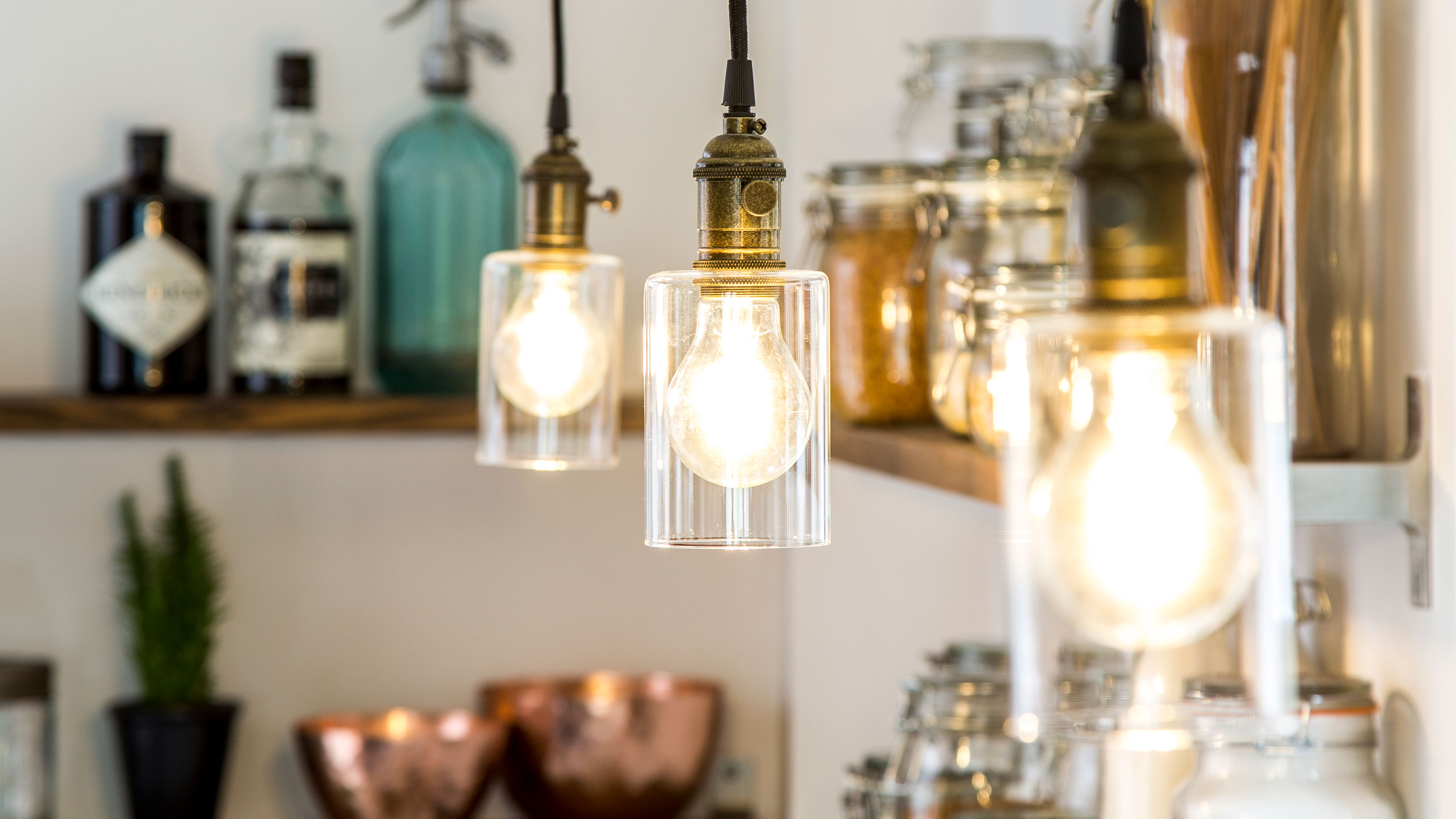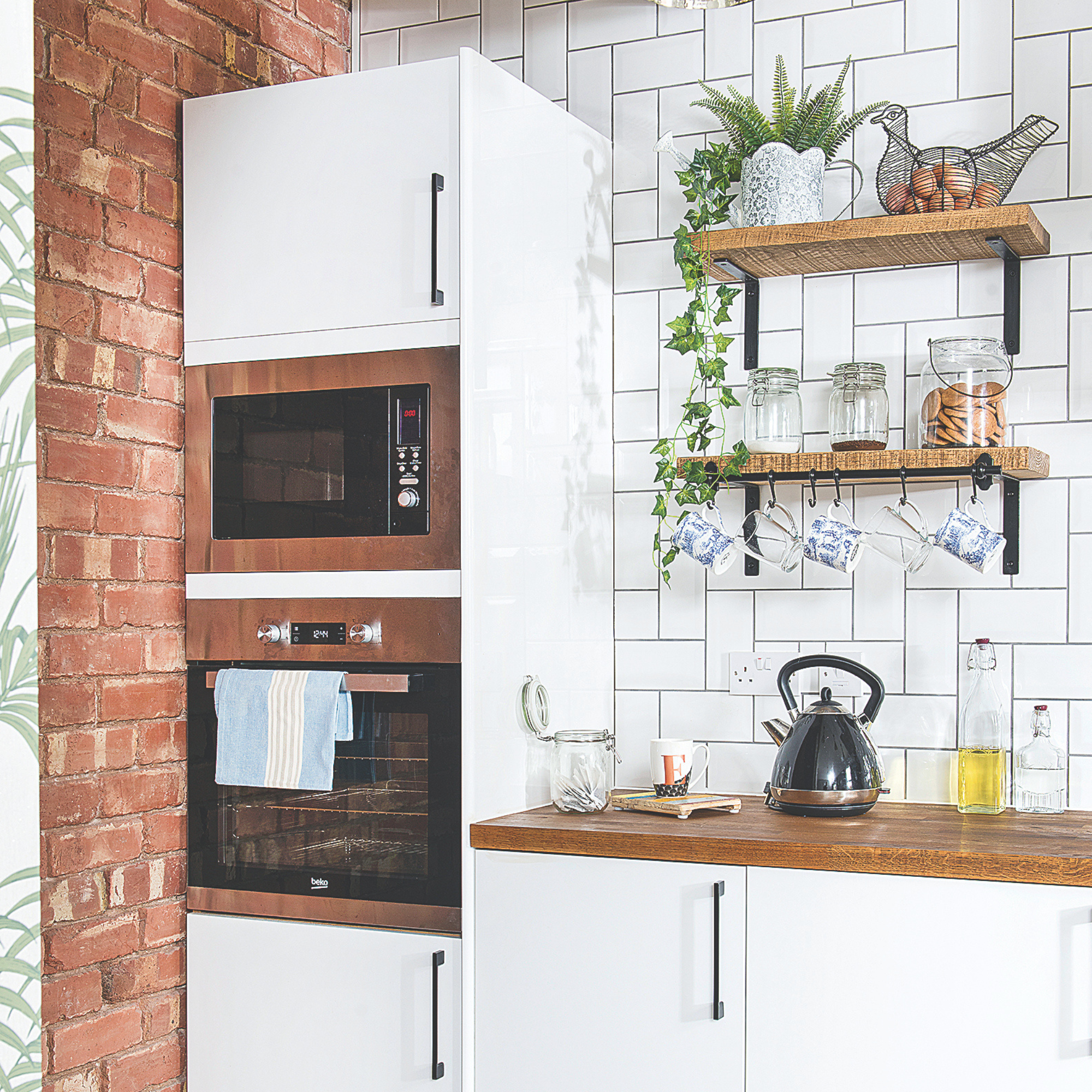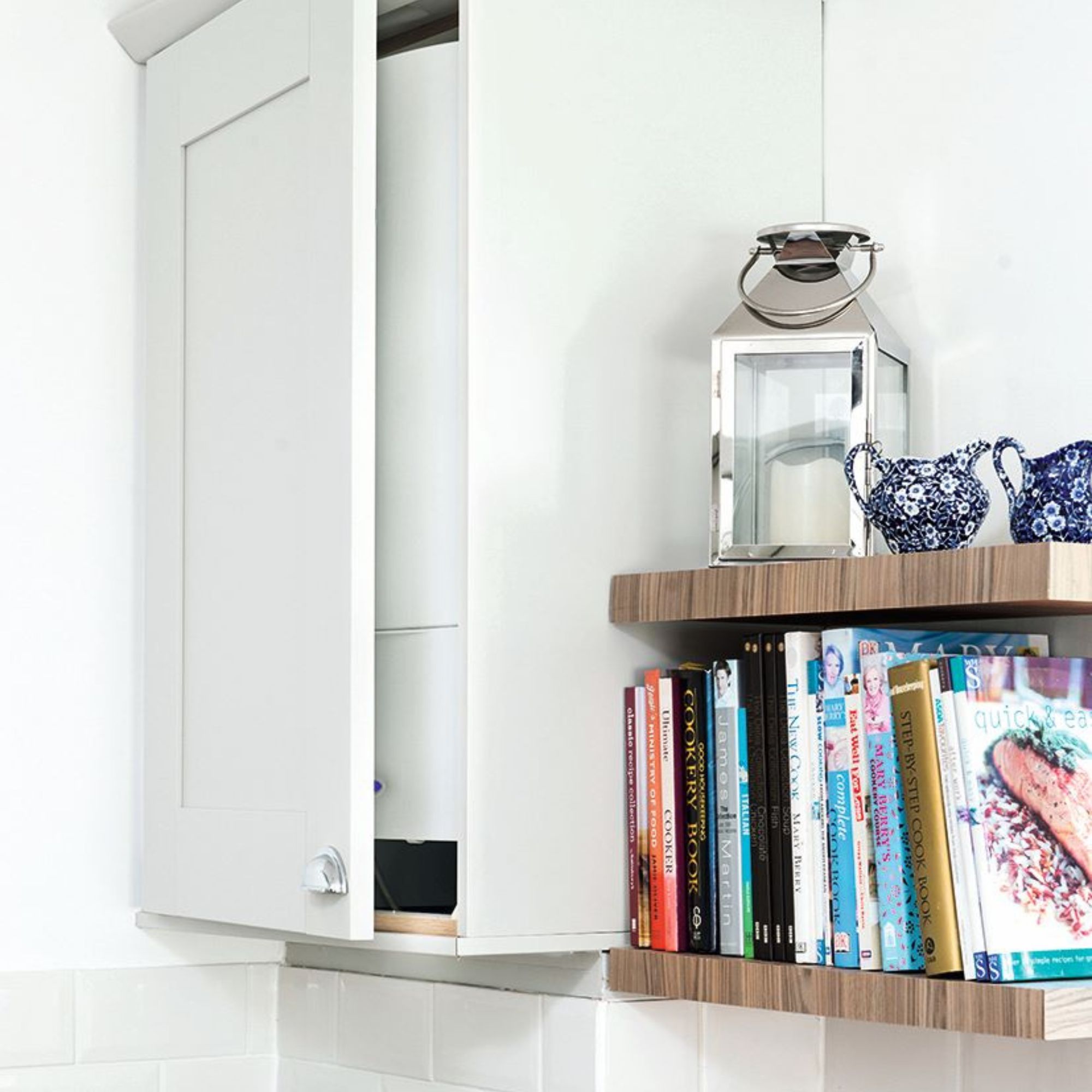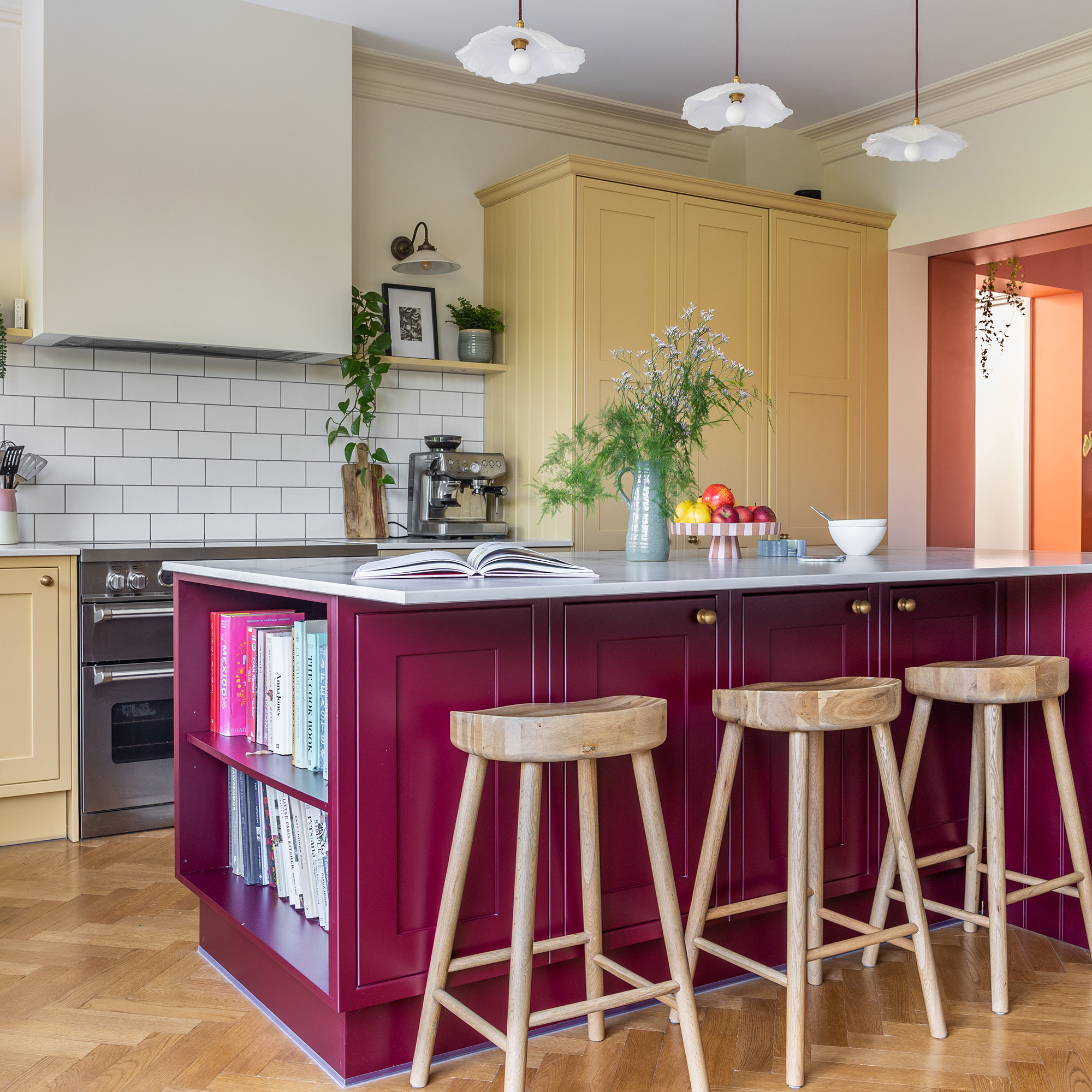How to beat the energy price cap increase - experts say these simple tweaks could offset the £149 hike
With a higher energy price cap now in effect, we look at the easy (and expert-approved) changes you can make to limit the impact


Higher energy bills are never welcome news, but knowing how to beat the price cap increase that is now in force could help you limit the impact on your household budget.
Over the last couple of years, households have faced sky-high prices for their gas and electricity, and so making use of savvy energy saving tips has become more commonplace as homeowners try to keep their bills under control.
In August, the energy regulator Ofgem announced that the October 2024 energy price cap would be rising by £149, from £1,568 to £1,717. As that increase comes into effect, we look at how you can make a few simple tweaks to offset the increase.
How to beat the energy price cap increase
Turn off 'vampire' appliances
According to research from personal finance researcher NimbleFins, simply turning off 'vampire' appliances (items that use energy even when they are not being used) instead of leaving them on standby can save homeowners £128 per year, offsetting a large portion of the price cap increase. Erin Yurday, CEO and co-founder of NimbleFins, says: 'Vampire devices really are as scary as they sound when it comes to your energy bills, with our research on 13 common offenders adding up to £128.23 in wasted energy.'
NimbleFin's data shows that televisions, set-top boxes, and games consoles are some of the most prolific vampire appliances, but that kitchen appliances like microwaves, dishwashers, washing machines and tumble dryers can all use a significant amount of energy, even when they are not actually being used. By making sure these are turned off at the wall when not in use, you can reduce your energy usage, and keep your bills as low as possible.
But while a £128 saving is significant, it doesn't completely offset the price cap increase, so it's worthwhile considering other quick and easy measures too.

Other energy-saving tweaks you can make without noticing
According to the Energy Saving Trust, there are lots of small ways you can save energy, and reduce your bills, without compromising on comfort or how you run your home. For example:
Get the Ideal Home Newsletter
Sign up to our newsletter for style and decor inspiration, house makeovers, project advice and more.
- By only running your dishwasher when full (and as a result, running it one less time per week) you could save an additional £12.
- You could save a similar amount by only boiling the water you need when making a cup of tea or coffee rather than boiling a full kettle every time.
- Switching off lights when you're not in the room can save you an additional £7 per year
- Turning your thermostat down by a single degree can save 10 per cent on your energy bills

Joanna O’Loan, Knowledge Manager at Energy Saving Trust says: 'It can be daunting going into the colder months when energy bills are generally at their highest. We want to reassure everyone that there are simple adjustments you can make at home to help lower your energy costs and reduce carbon emissions this winter.'
If you find you've adopted all the energy-saving measures you can and you're struggling with your energy bills, speak to your provider as soon as you can, as they may be able to offer additional support.

Sarah Handley has been Ideal Home’s Section Editor for Renovation since September 2024, following three years of looking after the site's home finance content. She has been a journalist since 2007 and has worked for a range of titles including Homebuilding & Renovating, Real Homes, GoodtoKnow, The Money Edit and more.
-
 A strict colour palette and vintage finds have turned this semi-detached Edwardian house into an elegant family home
A strict colour palette and vintage finds have turned this semi-detached Edwardian house into an elegant family homeSticking to a three-colour palette of green, pink and yellow and mixing in plenty of vintage furniture and art has created an authentic period feel
By Stephanie Smith
-
 A top-to-bottom renovation has turned this Edwardian house into a lovely family home
A top-to-bottom renovation has turned this Edwardian house into a lovely family homeWith a few considered structural changes, this period house has been turned into a family home and has created a sanctuary for years to come
By Maxine Brady
-
 How to heat a conservatory
How to heat a conservatory7 practical options to consider for year-round comfort
By Amy Reeves